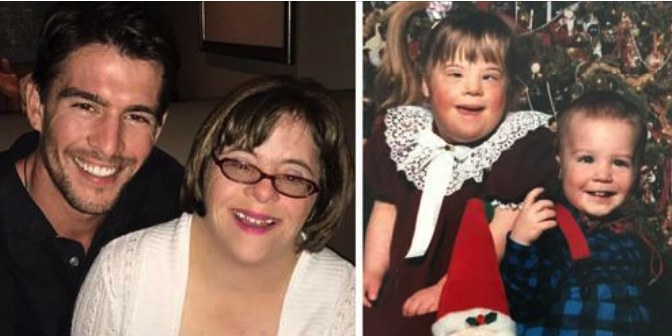Cockpit Voice and Flight Data Found: Washington DC Plane Crash
I could hardly believe the headline: “Cockpit Voice and Flight Data Recorders Found as New Details Emerge About Washington, DC Plane Crash.” It’s never easy reading about a midair collision, but this one near Reagan National Airport feels especially grim. Investigators say they retrieved the so-called black boxes late Thursday night, offering a glimmer of hope for understanding why 67 lives were lost in a single, devastating moment.
New Clues from the Black Boxes
According to the National Transportation Safety Board (NTSB), both the cockpit voice recorder and flight data recorder are now on their way to a specialized lab. These devices could provide a second-by-second account of what went wrong before the plane, operated by PSA Airlines as American Airlines Flight 5342, hit a U.S. Army Black Hawk helicopter. As “Cockpit Voice and Flight Data Recorders Found as New Details Emerge About Washington, DC Plane Crash” continues to dominate headlines, we’re learning that air traffic control operations were “not normal” that night—a single controller apparently had to juggle both helicopter and fixed-wing traffic.

A Troublesome Staffing Issue
It seems the controller was forced to split their attention between pilots flying low along the Potomac and commercial jets arriving on the runway. Such a setup can be risky because different frequencies are used for helicopters versus airplanes—meaning the pilots might not hear each other’s communications. Although the Federal Aviation Administration insists no protocols were technically violated, the day’s staffing levels were a third below what’s considered ideal. Some say it was a recipe for disaster.
Witnesses and Debris in the Icy Potomac

When the collision happened around 9 p.m., both aircraft fell into the frigid Potomac River. Authorities managed to pull dozens of bodies from the waters, yet all 67 people aboard are presumed dead. Family members are left searching for answers, clinging to the hope that the black box analysis might reveal a clearer picture. The FBI’s dive team joined local rescue crews, but the nighttime conditions and near-freezing water added to the challenges.
The Crash That Shook an Airport
Reports indicate that the helicopter was on a routine flight, and the Bombardier CRJ700 had just come in from Wichita, carrying U.S. figure skaters, their coaches, and several other passengers. In a busy airport environment like Reagan National, near-misses happen more often than the public realizes—yet most are resolved by quick corrections or timely instructions from air traffic control. “Cockpit Voice and Flight Data Recorders Found as New Details Emerge About Washington, DC Plane Crash,” however, underscores a situation where the usual safety nets seem to have failed.
Looking Forward
With a preliminary NTSB report expected in about 30 days, officials emphasize that these black boxes are critical to piecing the timeline together. “Not normal” staff levels, possible radio-frequency confusion, and complex flight paths are all factors investigators will analyze. From my vantage point, it’s a painful reminder of how one small misstep can ripple through a system, especially when lives are on the line. It’s no wonder “Cockpit Voice and Flight Data Recorders Found as New Details Emerge About Washington, DC Plane Crash” continues to resonate nationwide—everyone wants to know how we can prevent something like this from ever happening again.
Please SHARE this article with your friends and family on Facebook.






